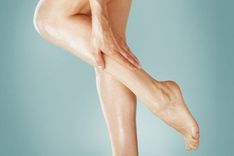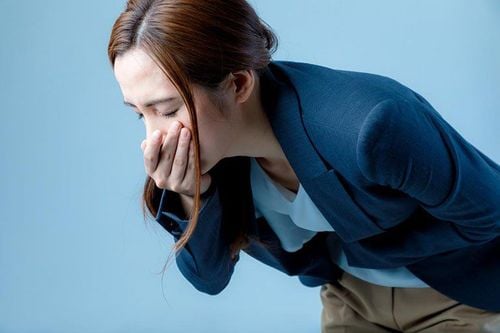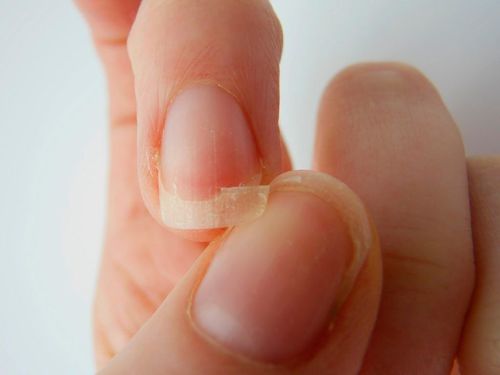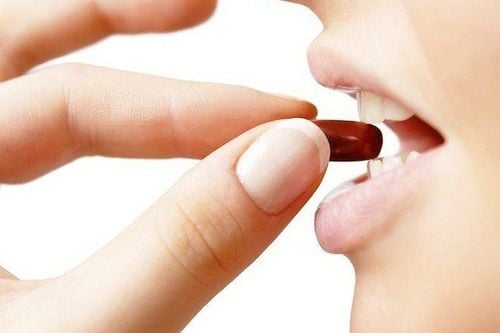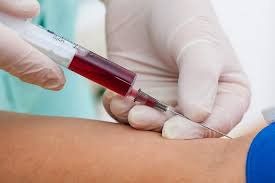If you are experiencing significant hair loss despite dietary changes, it is time to see your doctor for a diagnosis. Low Ferritin levels may be the underlying cause of hair loss. To help correct this condition, you should consult your doctor before taking any supplements or making any lifestyle changes.
1. Why does iron deficiency cause hair loss?
Hair loss has many different causes and it tends to affect both children and adults of all genders. One of the main reasons you may experience excessive hair loss is an iron deficiency. Without enough iron, your body cannot produce enough hemoglobin in your blood. Hemoglobin carries oxygen, which helps repair damage to cells in the body, including the cells that stimulate hair growth.
Hair loss due to iron deficiency can look like traditional hair loss in both men and women. If you have hair loss, you will notice more hair falling out than usual when you brush or wash your hair. In severe cases, you may see bald spots on your scalp.
2. The Connection Between Ferritin and Hair Loss
The term “Ferritin” may be quite new to many people. Ferritin is actually a protein in the blood that stores iron for the body. If you have low Ferritin levels, it means that you are iron deficient and prone to hair loss.
Some Ferritin is stored in the hair follicles. Many people think that when you lose a lot of hair, you lose a large amount of this iron-storing protein. However, in fact, the process of losing Ferritin can occur before you have hair loss problems.
Whenever your body is low in iron, it will “borrow” Ferritin from your hair follicles and other sources that are less important to the body when you are sick. Therefore, you need to supplement enough iron from foods or iron supplements to help you maintain healthy Ferritin levels in the body.
In addition to iron deficiency, low ferritin levels can also be caused by:
- Losing a lot of blood
- Celiac disease
- Women during menstruation
- Adopting a vegetarian or vegan diet
- Gluten intolerance
- Hypothyroidism
- Women who are pregnant
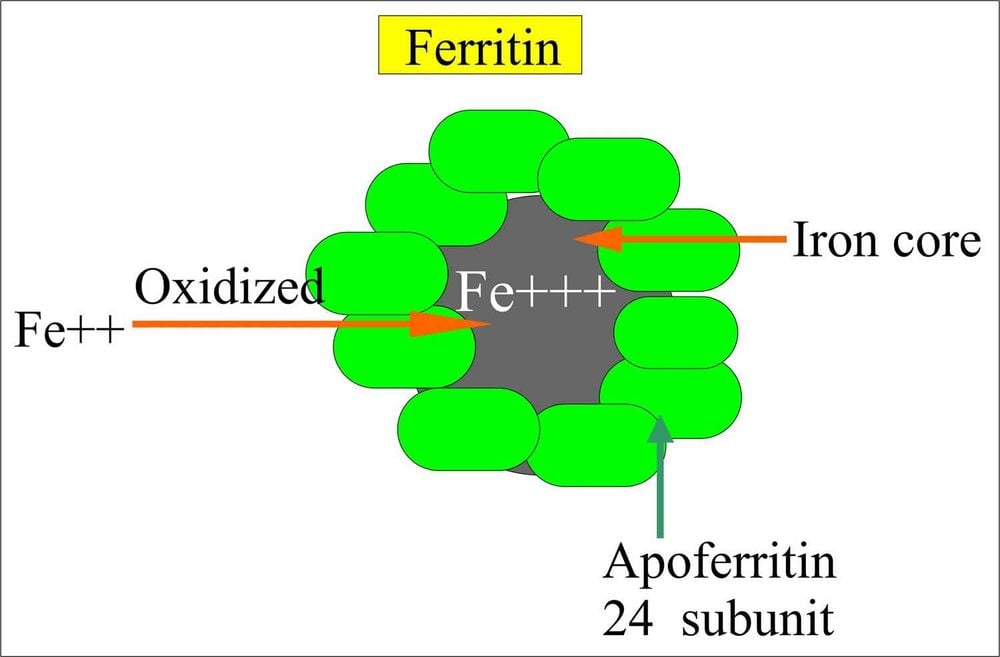
3. Some Symptoms of Low Ferritin Levels
Low Ferritin levels interfere with your body's ability to produce red blood cells. These blood cells are vital for carrying oxygen throughout the body. Without enough red blood cells, your body's major organs and systems will not function as efficiently as they should.
The symptoms of a Ferritin (iron storage protein) deficiency are similar to those of an iron deficiency. The most common sign of low Ferritin levels is excessive hair loss. Other common symptoms include:
- Extreme fatigue
- Dizziness
- Shortness of breath
- Pounding in the ears
- Headaches
- Restless legs syndrome
- Prone to brittle nails
- Difficulty concentrating
4. How does Ferritin affect the thyroid?
Excessive hair loss is often one of the first signs of hypothyroidism, a condition in which your body doesn’t produce enough thyroid hormone. In addition, a lack of thyroid hormone can also lead to symptoms such as weight gain, lethargy, dry skin, and poor cold tolerance.
In some cases of hypothyroidism, excessive hair loss may not be directly related to a lack of thyroid hormone, but instead to a lack of iron. This can cause low Ferritin levels and hypothyroidism to occur at the same time.
When there is not enough Ferritin (an iron-storing protein) in your body, your thyroid has trouble producing enough thyroid hormone. If you notice symptoms of hypothyroidism, you should see your doctor and have your Ferritin levels checked.
5. How to treat hair loss related to low Ferritin levels?
The best way to treat excessive hair loss related to low Ferritin levels is to increase your iron intake. If you do not eat enough iron-rich foods, such as beef and liver, you may consider taking an iron supplement under the guidance of your doctor.
Although animal meats contain much higher levels of iron than plant-based foods, you can still ensure that you get enough iron by eating whole grains, beans, and nuts. You should also add some iron-rich foods and vitamin C at the same time to increase your body's ability to absorb iron.
In addition, your doctor may recommend a blood test or an elimination diet if he or she suspects that you have a food sensitivity. Gluten intolerance is considered one of the main causes of poor iron absorption. This also leads to reduced Ferritin stores and excessive hair loss.
Vitamin D deficiency is another factor that leads to hair loss. Therefore, you should try to supplement your vitamin D intake through sun exposure or incorporate other vitamin D-rich foods into your diet, such as cheese, fatty fish, and eggs.
Additionally, zinc deficiency is common in people with excessive hair loss. To prevent hair loss due to zinc deficiency, you should add more zinc-rich foods to your diet, including dairy products, meat, and whole grains.
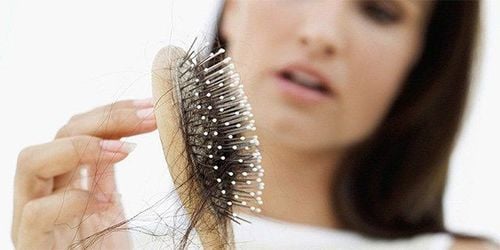
6. Ferritin Levels and Hair Loss Recovery Rates
For hair loss related to low Ferritin (iron storage protein) levels, your hair will likely grow back once the underlying iron deficiency is effectively treated. However, it can take several months for your hair to grow back, so patience is key to the success rate of hair loss recovery.
In addition, you should avoid using any hair loss treatments unless directed by your doctor. For severe hair loss, your doctor may prescribe minoxidil (Rogaine) – a medication that helps treat hair loss.
Some studies have also shown that people with severe hair loss may have a significant iron deficiency. Therefore, to stimulate hair growth, you should first correct the iron deficiency to help your body produce more Ferritin reserves.
7. Risks and Prevention of Hair Loss
While iron supplementation is important for your overall health, too much iron can be counterproductive. Health care professionals say that normal Ferritin levels are 20–200 nanograms per milliliter for women, and 20–500 nanograms per milliliter for men.
Even if your Ferritin levels are low, taking too much iron can cause health problems, including:
- Abdominal pain
- Irritability
- Black or bloody stools
- Increased heart rate
- Vomiting
- Lower blood pressure
Even iron overdose can lead to liver failure and death. Therefore, you should not use any iron supplements to increase your Ferritin levels without a doctor's prescription.
A blood test is the only way for your doctor to diagnose low Ferritin levels. Therefore, to prevent and detect hair loss due to low Ferritin, you should see a doctor as soon as possible.
To arrange an appointment, please call HOTLINE or make your reservation directly HERE. You may also download the MyVinmec app to schedule appointments faster and manage your reservations more conveniently.
References: healthline.com, webmd.com


